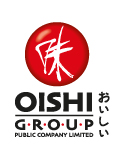Anti-Corruption
OISHI has a clear policy against corruption, whether bribery or corruption, by engaging with various anti-corruption agencies as appropriate. At the same time, the company has also determined that all directors, executives and employees must not participate in corruption, giving or accepting bribes from public and private officials both directly and indirectly in order to obtain or maintain a business or competitive advantage. The use of donations and charitable contributions to support corruption is also strictly prohibited. The company also provides opportunities for employees to report clues of fraudulent acts. This is to make all employees aware of the importance and adhere to honesty, do not act with negligence or lack of duty, which will open up opportunities and facilitate the act of misconduct that may result in serious impact and damage to the company.
OISHI continues to prevent and combat corruption through the review of the Audit Committee. In addition, there will be monitoring, assessment and setting guidelines for managing potential corruption risks by the Sustainability and Risk Management Committee. Significant risks will be reported to the Board of Directors on a quarterly basis, along with guidelines for preventing corruption in the organization. The details are as follows:
1. To set up a course on Anti-Corruption for all executives and employees at all levels.
2. To communicate the complete adherence to the Code of Business Ethics and Anti-Corruption Policy of the Company to executives and employees at all levels.
3. The Company will take unequivocally strong actions against people found to have violated the Anti- Corruption Policy.
4. To set up an internal Anti-Corruption monitoring process that works in concert with the existing Internal Audit Department.
5. To communicate unequivocally the Company’s Anti-Corruption Policy to trade partners.
Whistleblowers and Compliant Filing
The Company has put in effect measures for oversight and channels where all stakeholders, including employees, to report any leads or file complaints. The report and filing could be of any actions suspected as a violation or failure to comply with laws, regulations, articles, ethics, and corporate governance policies. They also apply to any incorrect financial reports or flaws in the internal control systems. The Internal Audit Department is responsible. And the report and filing could be forwarded to the department via various channels, including the website of the Company under the “Investor Relations” section.
Channels for Compliant Filing
Website : www.oishigroup.com
Email : AuditCommittee@Oishigroup.com
Mail : Audit Committee, Internal Audit Department, Oishi Group PLC.
90 CW Tower, Floor 36, B3601 Ratchadapisek Road,
Kwaeng Huay Kwang, Khet Huay Kwang, Bangkok 10310
In addition, OISHI has established guidelines for the protection of complainants or whistleblowers. It is deemed that the information of the complainant or the whistleblower is confidential. The Company will not disclose the name of the complainant or the whistleblower unless it is disclosed as required by law and relevant regulatory agencies. This includes establishing a complaints or whistleblower protocol and protections in accordance with the corporate governance policy of the Company and its subsidiaries, effective from February 25, 2015. (”Regulations for receiving complaints”). This is to ensure that OISHI’s complaints and whistleblowing proceedings are structured appropriately, efficient, streamlined, and have international standards on par with other leading companies, as well as creating confidence for all stakeholders including employees that they will be protected from harassment, punishment or improper treatment arising from complaints or clues to OISHI, unless such act is done in bad faith or has malicious intent to destroy the Company or other person, or is against the law or the Company’s discipline.
At the same time, the Board of Directors has assigned the Audit Committee consisting of Independent Directors, to supervise and set guidelines for handling complaints or whistleblowing through the channels mentioned above, as well as assigning an internal audit unit, which is an independent agency to operate and report directly to the Audit Committee, to support the Audit Committee’s performance in screening, managing and investigating complaints or clues if there is a factual basis to present the audit results to the Audit Committee for consideration, and suggest solutions or report to the Board of Directors. After considering the corrective actions, improvements according to the complaints or clues received, the Company will notify the action to the whistleblower or the complainant in accordance with the procedures within a reasonable period of time.
In this regard, if there is a case where the complaint or the whistleblowing is done with good intentions, without maliciously damaging the reputation of the Company or the person involved, when the Company is determined by the court that it has actually violated that person’s legal rights, that person will have the right to receive compensation from the Company as appropriate, reasonable and in accordance with the rules prescribed by law.


